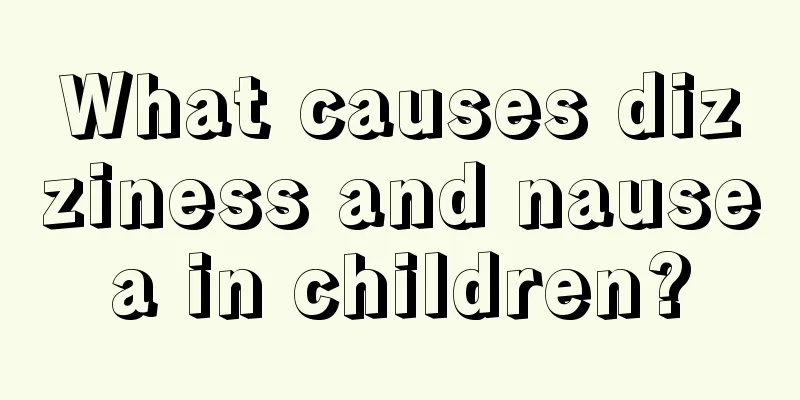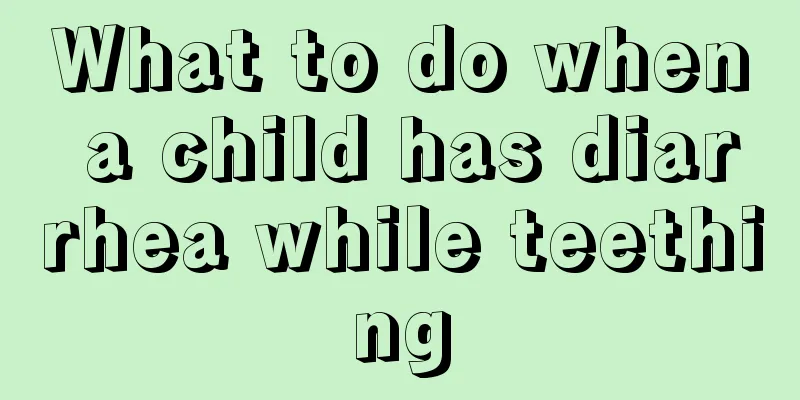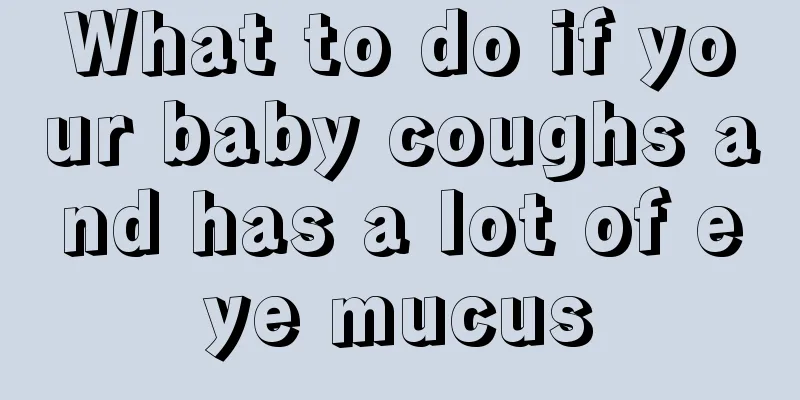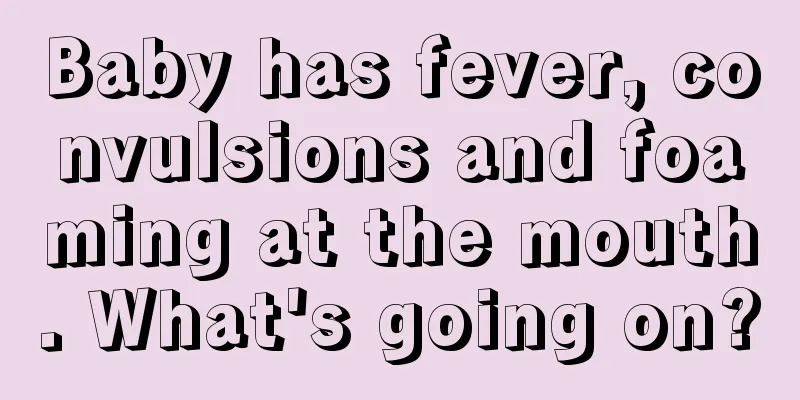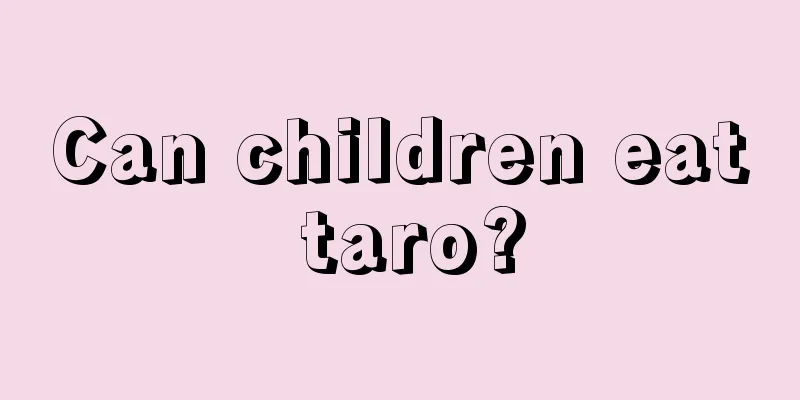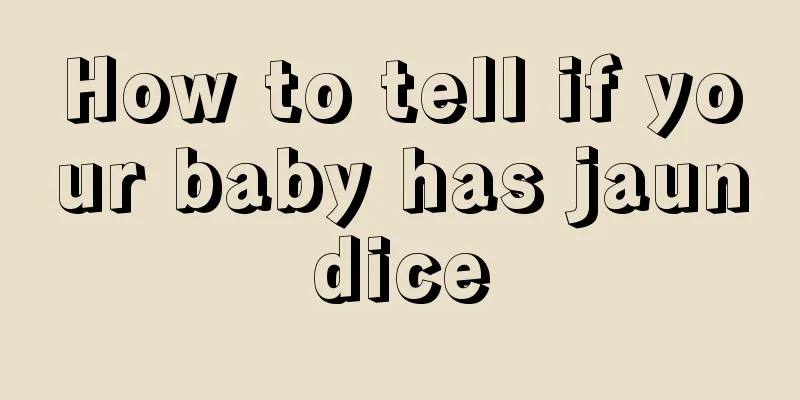How many days does it take for baby teeth to come out?

|
When babies are young, they need their parents to be with them, and parents need to be fully aware of the changes in their babies at every stage. Generally speaking, babies start to grow teeth when they are around six months old. During this period, babies will feel their mouths are particularly itchy and will always put all kinds of things into their mouths to grind their teeth. When a baby's teeth start to grow, the tip of the tooth will appear first, and then the deciduous teeth will grow slowly. So, how many days will it take for baby's teeth to come out? How many months does the baby start teething? When a baby is born, there are no teeth in his mouth. Normal babies start to grow teeth at an average age of six months. Depending on the baby's physical condition, some babies start to grow teeth at 4 or 5 months old, while some babies start to grow teeth at around 1 year old. Mothers don't need to worry, as it is normal for babies to grow teeth at one year old. When the baby starts to grow teeth, the mandibular central incisor begins to erupt, and the baby grows one tooth per month. At about one year old (twelve months), the baby will have six teeth. By the age of 2 and a half, all 20 deciduous teeth will have grown out. The enamel of all deciduous teeth is mineralized within 1 year after the baby is born (1.5 months-11 months), and all deciduous teeth erupt within 2 years after birth (6 months-24 months). Therefore, within one year after birth, if the baby develops systemic or local disorders, it will affect the development of deciduous tooth enamel, leading to tooth development defects and susceptibility to caries. Therefore, when the baby starts to grow teeth, the mother should take good care of the baby's teeth, so that the baby's teeth will be healthier. Symptoms of teething in babies Babies will have some abnormal performance during teething, and different babies will have different performances. Generally speaking, the symptoms of baby teething mainly include the following nine aspects: 1. Pain: Your baby may show signs of pain and discomfort. 2. Bad temper: The discomfort caused by teething can make the baby bad tempered and cry a lot, which is especially obvious one or two days before teething. 3. Red cheeks: Mothers may notice red spots on their baby’s cheeks. 4. Drooling: The excessive saliva produced during teething will cause the baby to drool frequently. 5. Chewing, biting or chewing things: If you put anything near the baby's mouth, he may do the above actions. 6. Swollen gums: Check your baby's mouth to see if there is any redness or swelling on the gums. 7. Restless sleep: Your baby may wake up in the middle of the night and seem irritable, even though he had been sleeping soundly before. 8. Increased body temperature: Teething can cause the body temperature to rise slightly, so your baby may feel a little hotter than usual. 9. Butt pain: Although we don’t know the reason yet, some mothers have noticed that babies are more likely to suffer from diaper rash and may have loose stools when they are teething. |
<<: The child is twitching, rolling his eyes and foaming at the mouth
>>: Is it okay to use antipyretic suppositories when children have a fever?
Recommend
Can children eat Polygonum multiflorum?
In daily life, we can always see various Chinese ...
How to treat children's sore throat and recurrent fever?
Due to seasonal changes or excessive heat in the ...
What is the reason for the baby's breathing 60?
Every baby is an angel in the family. From the mo...
Children who love sweets have a higher fracture rate
Children who love sweets have a higher fracture r...
How to treat a child's hunchback?
For children, they are in a period of happy growt...
What to do if a newborn has eczema on his face
The skin of a newborn is at its most vulnerable. ...
What fruits are good for babies with anemia?
A baby's daily routine is to eat, sleep, and ...
What is the cause of swollen lymph nodes in the baby's neck?
A baby is a fragile living being. It is very sad ...
What should we do if primary school students have poor memory?
Every child is the focus of his parents. If somet...
What should I do if my child doesn’t take the initiative to learn?
Every child is very lively by nature, so generall...
What can babies eat to stimulate their appetite?
As soon as we enter the hot summer season, not on...
What to do if a child's temperature is below 36 degrees
There are many things to pay attention to when ch...
Normal value and regulation method of neonatal blood pressure
We all know that our body's normal activities...
Does neonatal jaundice require intravenous infusion?
In our lives, neonatal jaundice is a very common ...
What should I do if my baby chokes when drinking water?
Many parents report that their babies choke when ...


